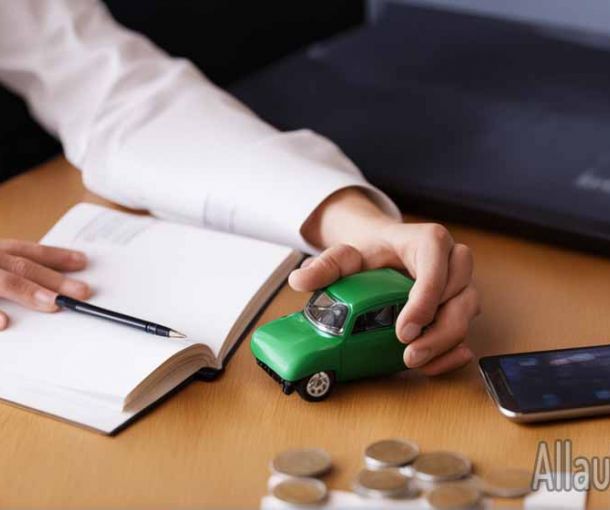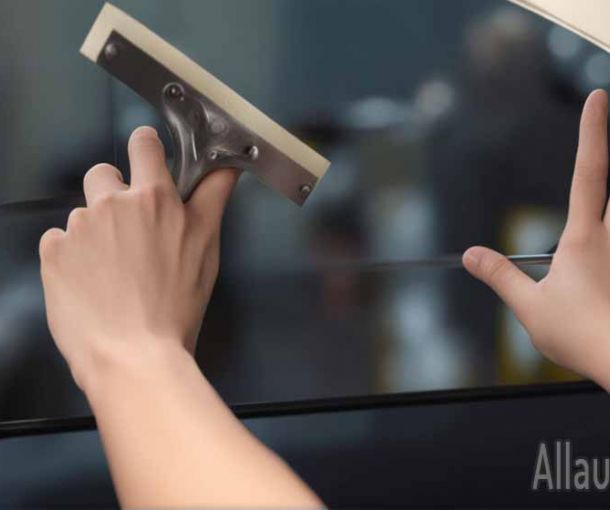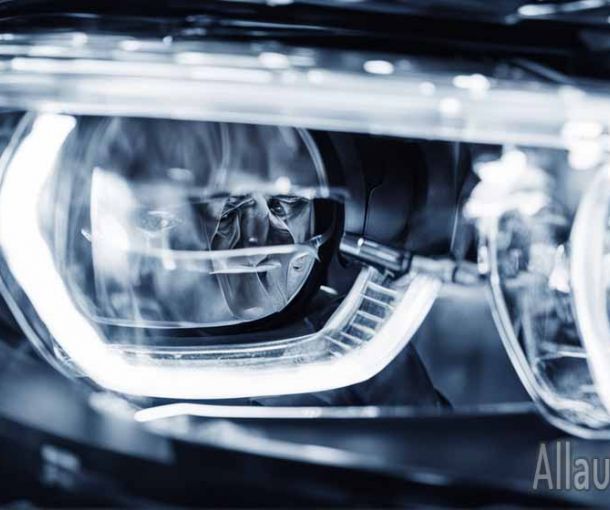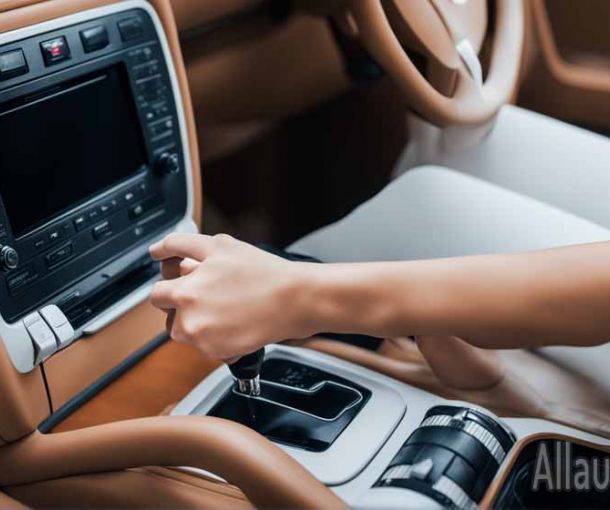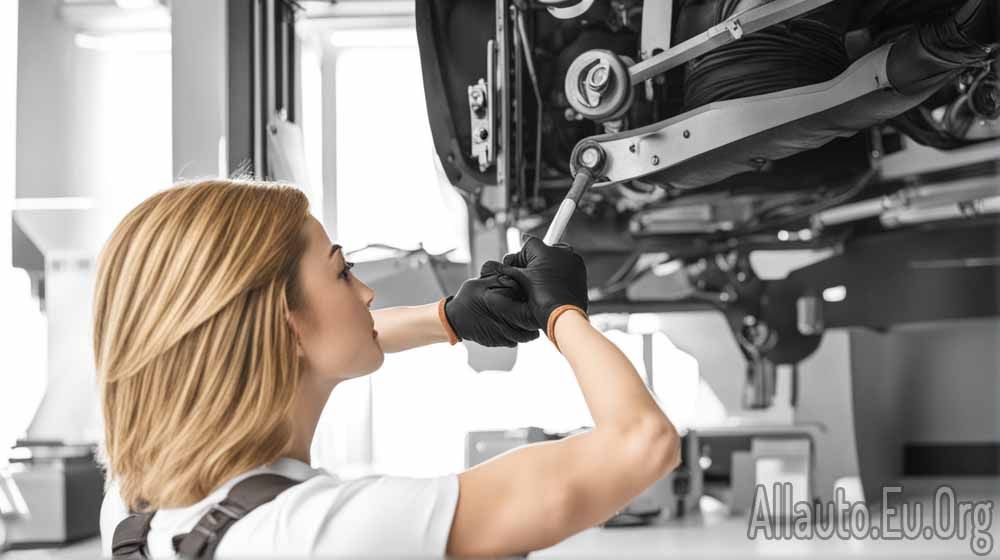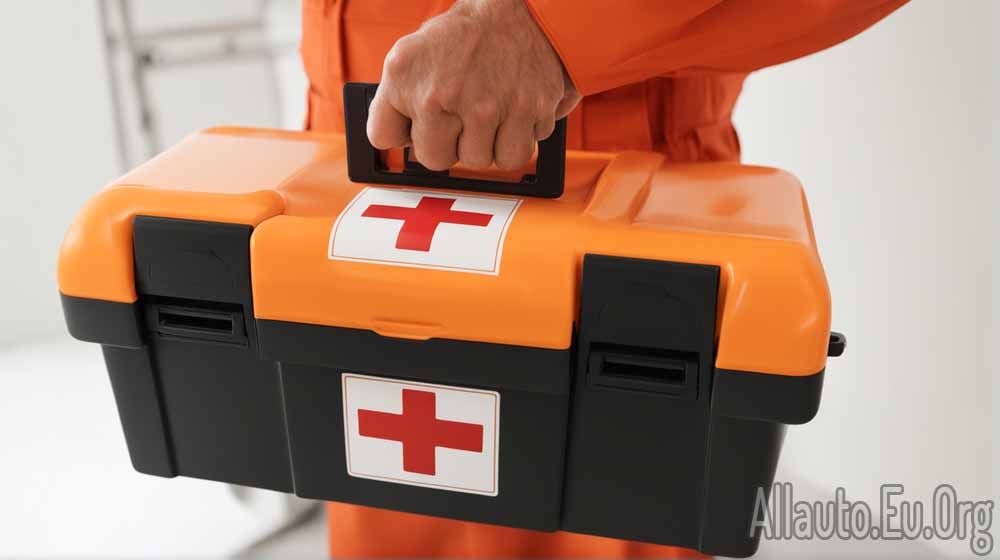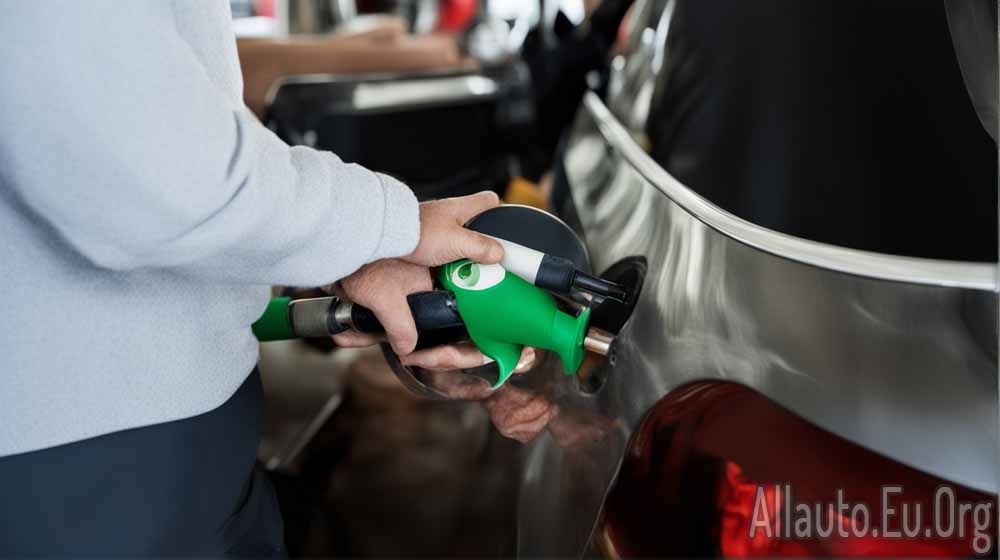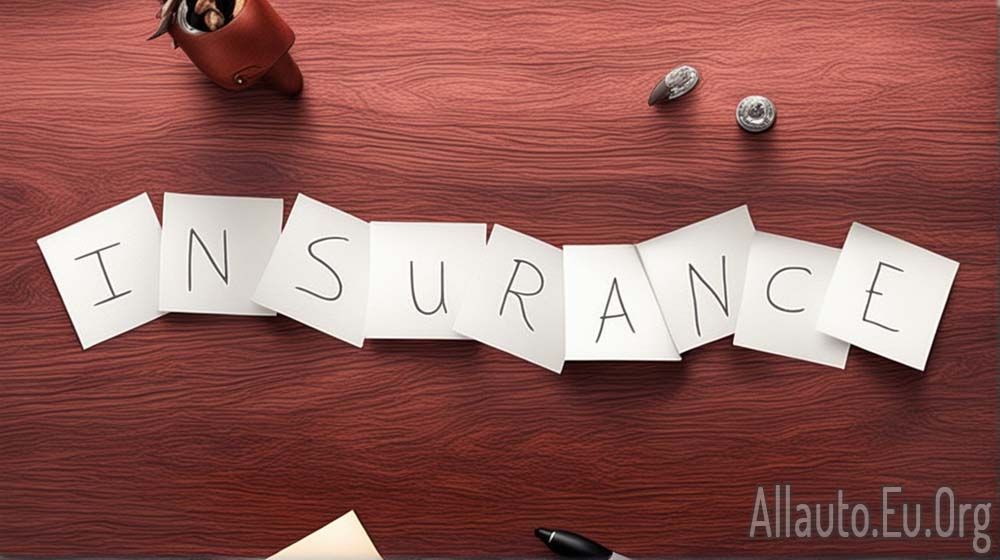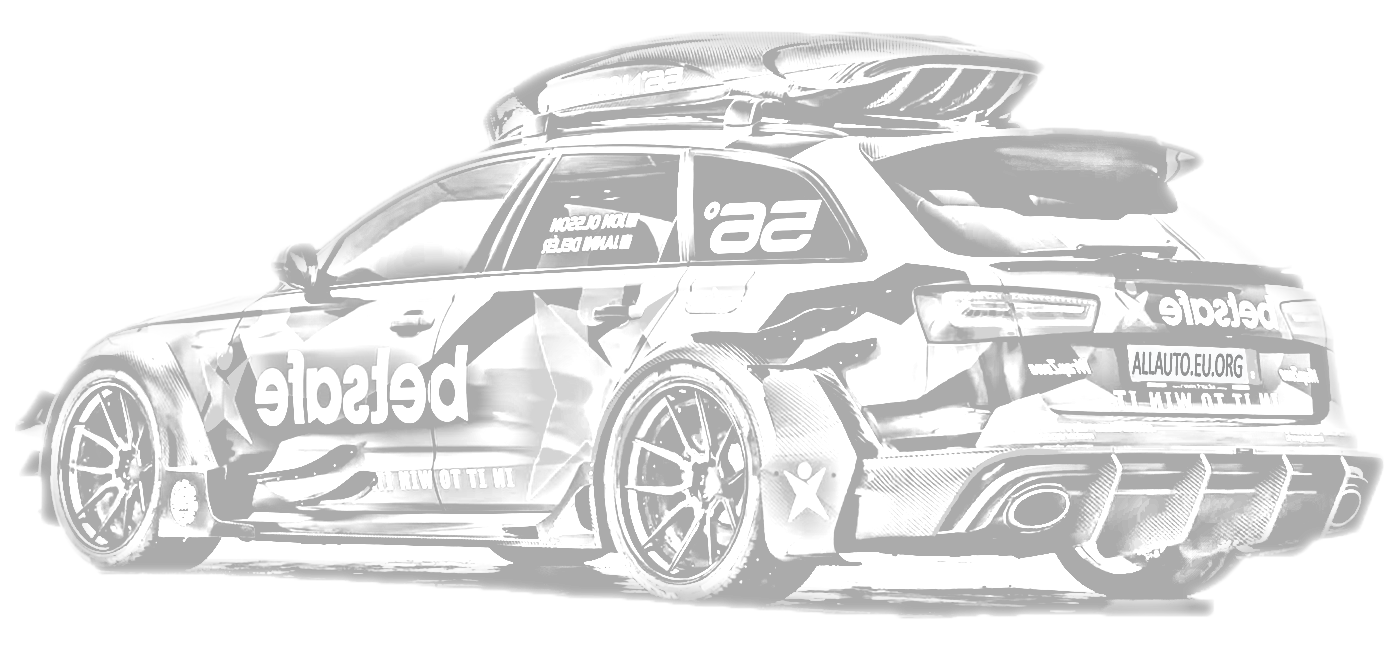
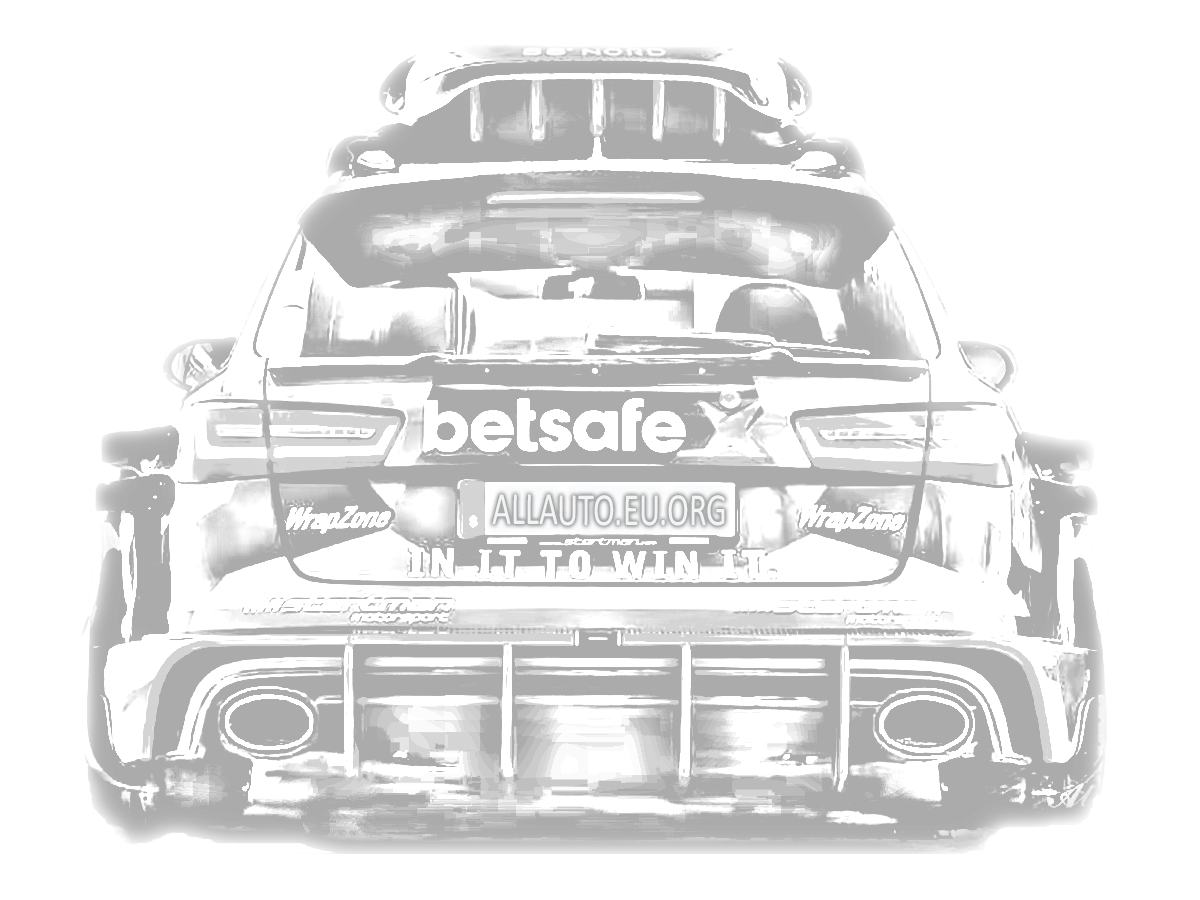
The Most Common Auto Problems and How to Fix Them
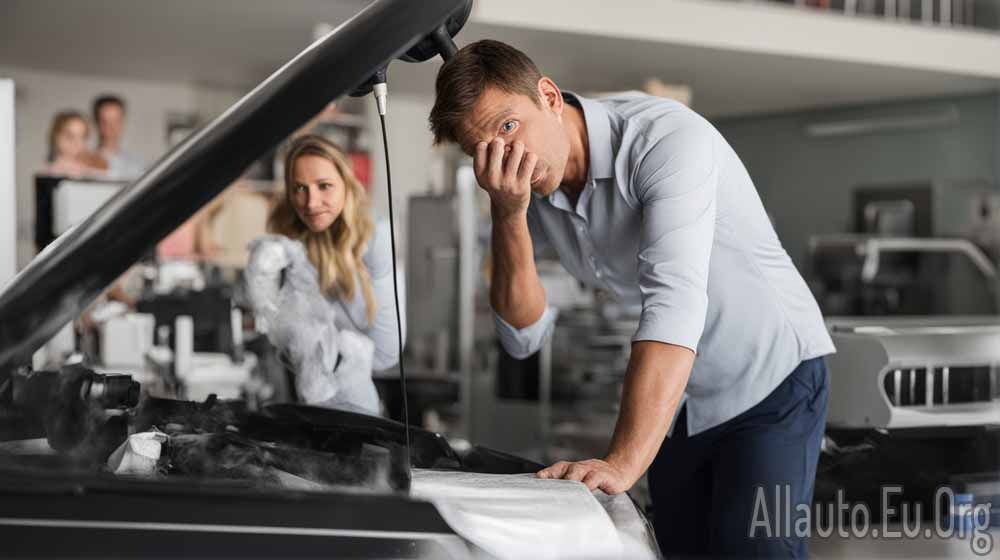
As car owners, it's inevitable that we will encounter auto problems from time to time. However, not all of us are experts when it comes to car maintenance and repair. In this article, we will discuss the most common auto problems and how to fix them.
-
Dead battery
A dead battery is one of the most common auto problems. When your car won't start, it's usually because the battery is dead. The solution is simple: jump-start your car. If you don't have jumper cables, call a tow truck or roadside assistance.
To prevent a dead battery, make sure to turn off all lights and accessories when you're not using them. Also, make sure to replace your battery every three to five years, depending on the manufacturer's recommendations.
-
Flat tire
A flat tire can happen at any time, but it's most common when driving on rough roads or hitting a pothole. To fix a flat tire, first, make sure your car is parked in a safe location away from traffic. Then, remove the flat tire and replace it with your spare tire.
To prevent a flat tire, regularly check your tire pressure and make sure it's within the recommended range. Also, make sure to replace your tires when they are worn out or damaged.
-
Overheating engine
An overheating engine can cause serious damage to your car if not addressed immediately. The most common cause of an overheating engine is a malfunctioning radiator or cooling system. To fix this problem, turn off your car and let the engine cool down before adding coolant to the radiator. If the problem persists, take your car to a mechanic.
To prevent an overheating engine, regularly check your coolant levels and make sure your radiator and cooling system are in good condition.
-
Brake problems
Brake problems can be dangerous, so it's important to address them immediately. The most common brake problem is worn-out brake pads. If you hear a screeching noise when you apply the brakes, it's time to replace your brake pads. You can do this yourself or take your car to a mechanic.
To prevent brake problems, regularly check your brake pads and make sure they're not worn out. Also, make sure to have your brakes inspected by a mechanic at least once a year.
-
Transmission problems
Transmission problems can be costly to fix, so it's important to address them as soon as possible. The most common transmission problem is slipping gears. This can be caused by a worn-out clutch or a malfunctioning transmission. To fix this problem, take your car to a mechanic.
To prevent transmission problems, make sure to change your transmission fluid every 30,000 miles or as recommended by the manufacturer. Also, avoid aggressive driving and excessive towing, which can cause damage to your transmission.
-
Check engine light
The check engine light can come on for a variety of reasons, from a loose gas cap to a malfunctioning sensor. To fix this problem, you'll need to have your car's computer system scanned for error codes. This can be done at a mechanic's shop or at an auto parts store.
To prevent the check engine light from coming on, make sure to regularly maintain your car, including changing your oil and filters as recommended by the manufacturer.
-
Electrical problems
Electrical problems can manifest in various ways, from a dead battery to malfunctioning headlights or power windows. The most common cause of electrical problems is a faulty alternator, which is responsible for charging your car's battery. To fix this problem, you'll need to replace your alternator.
To prevent electrical problems, make sure to turn off all accessories when you're not using them, such as headlights and radio. Also, regularly check your battery connections and replace your battery if necessary.
-
Fuel system problems
Fuel system problems can cause poor performance and reduced fuel efficiency. The most common fuel system problem is a clogged fuel filter, which can cause your engine to stall or run roughly. To fix this problem, replace your fuel filter.
To prevent fuel system problems, regularly change your fuel filter and use high-quality fuel. Also, avoid running your car on an empty tank, as this can cause sediment buildup in your fuel system.
-
Suspension problems
Suspension problems can cause a rough ride and reduced handling. The most common suspension problem is worn-out shocks or struts, which can cause your car to bounce excessively. To fix this problem, replace your shocks or struts.
To prevent suspension problems, regularly inspect your shocks and struts for wear and replace them as necessary. Also, avoid driving over rough roads and potholes, which can cause damage to your suspension.
-
Ignition system problems
Ignition system problems can cause your car to misfire, stall or fail to start. The most common ignition system problem is a faulty spark plug or ignition coil, which can cause a weak spark. To fix this problem, replace your spark plugs or ignition coils.
To prevent ignition system problems, regularly inspect your spark plugs and ignition coils for wear and replace them as necessary. Also, use high-quality fuel and avoid aggressive driving, which can cause damage to your ignition system.
In conclusion, knowing how to identify and fix common auto problems can save you time and money. While some problems can be fixed at home, others require the help of a mechanic. By regularly maintaining your car and addressing problems as soon as they arise, you can avoid costly repairs and ensure your car runs smoothly for years to come.
Tags
Latest Articles
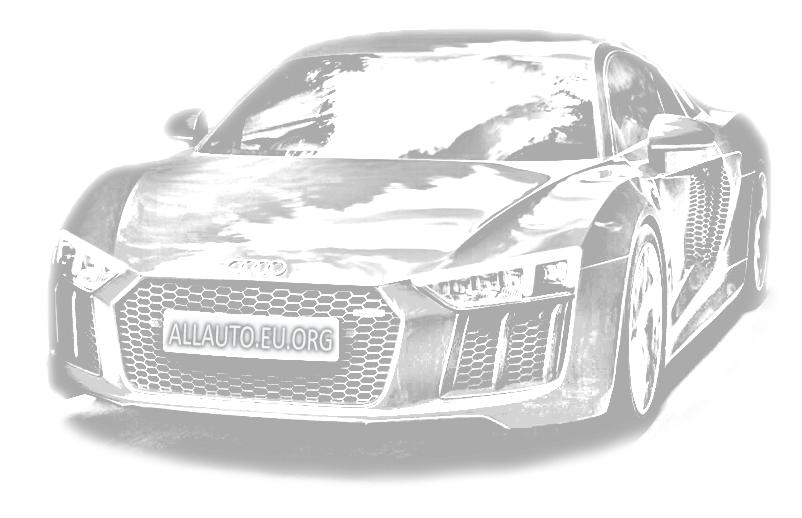
Most Read
All Tags
Subscribe
Donate
Please consider supporting our efforts.
© 2023 All-Auto.ga All rights reserved.
